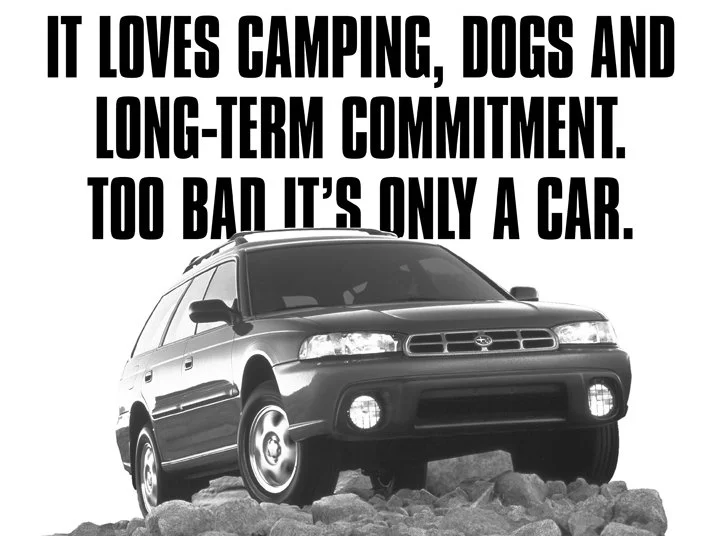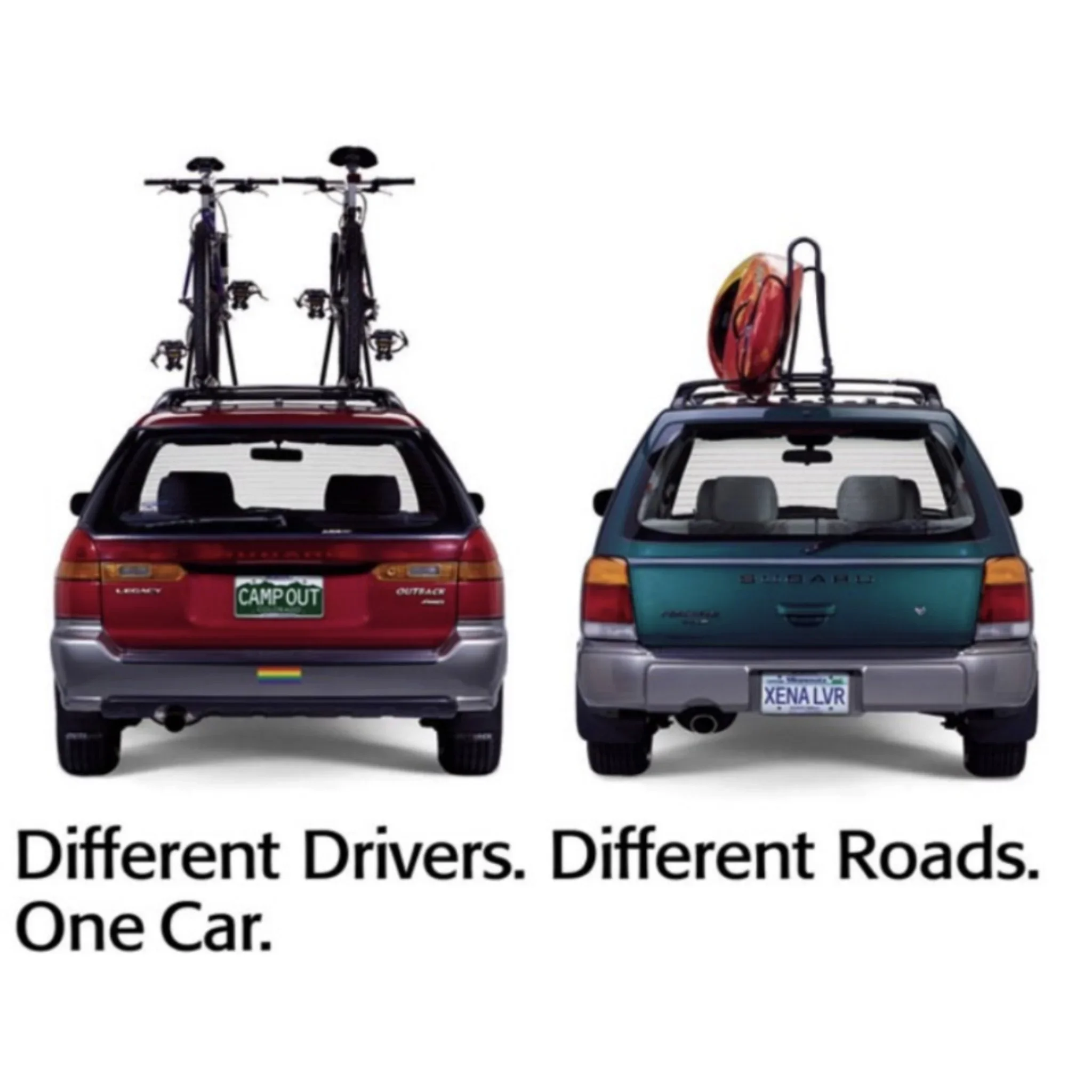Community Guidelines
At the beginning of the most recent presidential term in the U.S., I spent some time with the writings and thoughts of Heather Cox Richardson to help me understand the maelstrom of change. And she said something that stuck with me: the two most effective responses to the situation that we find ourselves in (I am paraphrasing here) were to apply humour to the situation, and of course, to strengthen our communities.
There is much I could say about my feelings about the communities that are under attack, and I’ve had much to say about the rollback of DEI initiatives (breathes through nose, pranayama-style). However, what strikes me is that, for those brands who continue to support their communities, it’s a difficult time – economically, politically, culturally – to stay the course.
Of course it matters, more than ever, for brands to have values and to live them. Many consumers are voting with their wallets to support those businesses that align with their values, and to remove their support from those who do not. The black community’s boycott of Target after their rollback of DEI initiatives was a significant factor in Target’s Q1 poor performance, down 2.8% YOY. * Canadian travelers choosing not to travel to the U.S. is a multi-billion-dollar impact across many industry sectors, with a 33% decline in automobile crossings and a 22.1% decline in air crossings. ** And, consumers can be better informed than ever in their choices, with tools for more transparency like the Goods Unite Us app.
Divisiveness and polarization are rife – but that doesn’t mean brands need to adhere to that script. I was doomscrolling last night and came across a brilliant potted history of the creation of the Subaru campaigns to appeal to the lesbian community, as told by HeatherRenner on Insta. Now, many of you lovely ad nerds know this story, but for those of you who don’t, check out the reel.
Here's the story in a nutshell. Subaru, with the wisdom of the ad agency Mulryan Nash, identified through research, that yes, there was a significant group of loyal Subaru buyers, who didn’t fall into any of the traditional auto buyer segment – you guessed it, lesbians.
Their first campaign was a little too on the nose. Middle America didn’t really understand why there were two women in the ad, and more importantly, it really didn’t resonate with the target audience themselves. It was too positional, too much like a corporate Gay Pride Parade float. So, the agency helped Subaru get smarter through really understanding the community culture. Which is how they got to ads like the one above, or ads like this. (Pro tip: it’s the licence plates.)
I know it’s a lesson in ad history, but I think the parallels here are so apt today. When this campaign was created, Don’t Ask Don’t Tell had just been rolled out, and it would be two decades before same sex couples were legally allowed to marry. It wasn’t that friendly a time to the LGBTQIA+ community.
But more than that, Subaru and their brilliant agency took the time to understand what mattered to their communities. The inside jokes, the cultural icons, the whole reason why their audience loved the car in the first place.
I know it’s always where great advertising should start. But, in my opinion, there has never been a more important time to support your communities. Yes, you can be anthemic, and meaningful, and larger than life. But perhaps more relevantly to your audiences, you take the time to know them, what they care about, and what they’re going through, and weave that into how you go to market.
*Forbes, Target Sales drop in First Quarter as Boycott Persists, May 25, 2025.
**Travel and Leisure, Canadian Tourism Plunges in 2025, August 8, 2025.


